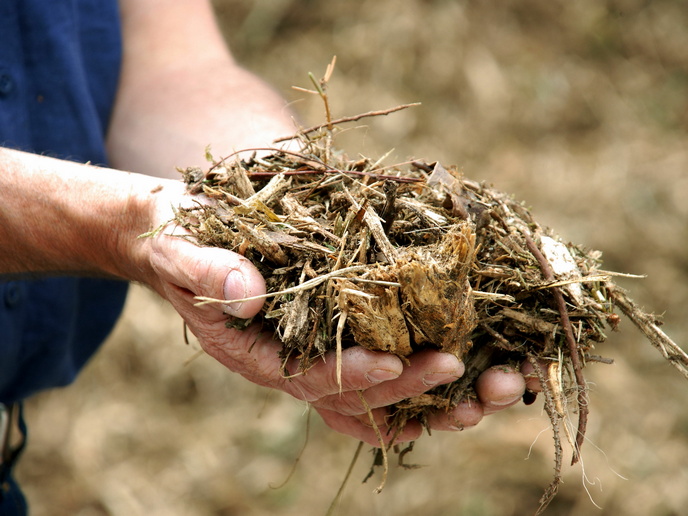Molten salts improve transport biofuel production
Lignocellulose – a polymer containing cellulose, hemicellulose and lignin – is one of the most powerful weapons in our fight against climate change. Waste streams of lignocellulose are a by-product of various industrial sectors such as agriculture (corn stover, straw) and forestry (paper mill discards). Converting this raw material into energy, for example in the form of biofuels, helps reduce reliance on fossil fuels.
Overcoming the barriers to commercial use of biofuels
The ability to use lignocellulose as a raw material for advanced biofuel applications has been constrained by the conversion technology itself. Extracting sugars (simple monosaccharides) from lignocellulosic biomass and synthesising them into fuels is challenging as lignocellulose is designed by nature to resist breakdown. Economic technologies for this conversion are needed to boost biofuel uptake. The EU-funded ABC-SALT(opens in new window) project has found a more efficient method to deconstruct lignocellulosic biomass by treating the biomass with molten salts – salts that are solid at room temperature but enter the liquid phase at elevated temperatures. “ABC-SALT demonstrated an innovative route to the production of sustainable middle distillates from biomass, leading to higher hydrocarbon yields,” notes project coordinator Erik Heeres. “Biomass-derived fuels have been obtained using several lignocellulosic waste streams including lignin-rich ones. The use of such waste streams, which are abundantly available at low prices, will help overcome any feedstock limitations while keeping short supply chains.” Middle distillates are important fuels in transport, both for road (diesel) and air transport (jet fuel).
A promising path from biomass to middle distillates
The advanced thermochemical conversion process implemented by ABC-SALT involves the following fundamental steps. First, proper molten salts are used to dissolve biomass. Then, biomass is fed into a hydropyrolysis machine, where it is quickly heated without oxygen. A catalytic hydrodeoxygenation step helps remove the oxygen from the biomass streams after hydropyrolysis. “Molten salts hold great potential for use as liquefiers since they maximise the liquid fraction in fast hydropyrolysis and act as catalysts. Besides their ability to easily dissolve biomass, the selected molten salts presented high heat capacity, thermal conductivity and low vapour pressure,” explains Heeres. Another challenge has been to select a molten salt with a melting point low enough to avoid producing ash or char but high enough to liquify biomass. Furthermore, high thermal stability played a critical role in preventing salt decomposition at high temperatures. Samples of oils derived from lignin hydropyrolysis were successfully hydrotreated in batch and continuous set-ups. High carbon yields were obtained (up to 90 %), while the majority of the hydrocarbon products fell into the middle distillate range.
Raising the maturity of the technology
The integrated concept was demonstrated at lab scale in a dedicated bench scale unit. This will serve as the prototype for a future fuel production system in an industrial environment, moving the technology beyond TRL 4. “The scientific knowledge generated by ABC-SALT will allow key stakeholders in the biofuels arena (e.g. policymakers, regulatory authorities, industry) to frame strategic choices concerning future energy technologies and integrate them in the current and future energy systems. We are currently investigating the possibility to set up new projects based on the acquired knowledge and bring the technology to TRL 5-6,” concludes Heeres.







